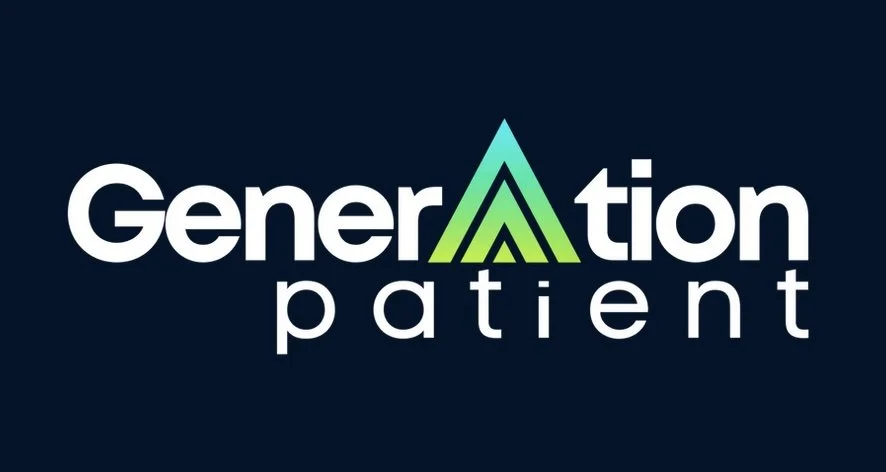
PEER-TO-PEER
A number of local and national condition-specific peer-to-peer support groups are available. Connect with your subspecialist as they may know of a group that may be able to support you.
Young adults with chronic conditions often experience unpredictable shifts in health, social life, financial stability, academics, or career paths – all of which contributes to long-term emotional well-being. Peer support (connecting to others who have similar experiences) can help young people feel less alone as they navigate chronic illness, and can help increase feelings of validation, acceptance, and connection.
This month, we’re highlighting peer-support resources from Generation Patient, a non-profit created and led by young adults with chronic conditions! Generation Patient provides virtual, peer groups for young adults (ages 18+) with any chronic medical condition. Their cross-disease groups are a space for patients to discuss life with chronic illness and connect with others who understand what they’re going through. In addition to “General” groups, they offer “Student Support/Higher Ed” groups for patients in college or graduate school. Learn more and sign up here, read about Generation Patient’s approach to peer support, or access their peer-support research resources!
Youth MOVE National connects, supports, and develops youth leadership in advocacy to create positive change. They practice authentic youth engagement through youth driven decision making by elevating youth voices of lived experience. They ensure that young people are heard and valued as leaders in the agencies, communities, and systems that impact their lives. Today, there are more than 60 Youth MOVE chapters nationwide, all focusing on issues that are unique to the youth and young adults in their local communities.
The Courageous Parents Network is a non-profit organization that provides links and resources for families of children with serious illnesses and a range of prognoses. These resources are designed to help navigate the illness journey with topics that address common experiences and concerns. Links to resources for palliative care are also provided.
“People gravitate toward peer support because of its humanizing effect on our challenging health care system. And we love that it provides that personal connection to better understand physical and emotional impacts of chronic illness and it is 100% patient-centered . . . Peer-to-peer supports looks different for everyone, but that feeling of validation and understanding by someone who has walked in your shoes – we learn from each other and gain tools to live healthier lives as parents, patients, and siblings."
— Stacey Lihn, parent of child with single ventricle heart disease and founder, Sisters by Heart





